How Georgia’s Prison Conditions Impact Us All
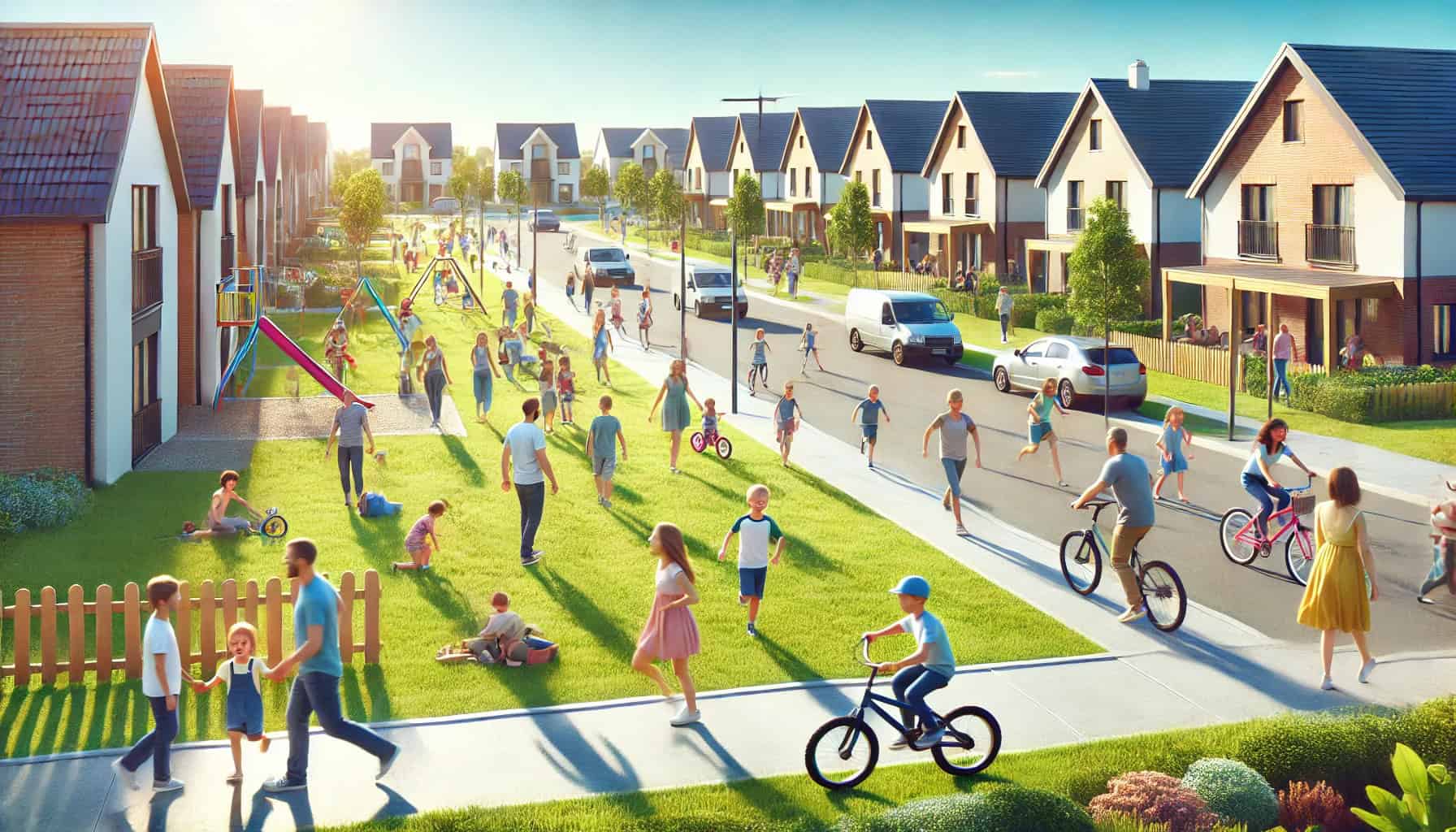
Introduction
Most people believe what happens in prisons has little to do with their everyday lives. After all, the common perception is that prisons are meant to punish those who break the law—out of sight, out of mind. But this couldn’t be further from the truth. What happens behind those walls doesn’t just stay there; it ripples outward, affecting families, communities, and society as a whole.
Nowhere is this more evident than in Georgia, where prison conditions are so dire that the U.S. Department of Justice (DOJ) declared them unconstitutional. From rampant violence to unchecked gang control and abysmal medical care, the problems inside these facilities create a revolving door of trauma and crime that affects everyone.
It’s time to face an uncomfortable reality: neglecting prison reform doesn’t just harm those behind bars—it harms us all.
The Ripple Effect of Prison Neglect
Prisons are often thought of as isolated spaces, separated from the broader society. But inmates don’t stay in prison forever. Over 95% of incarcerated individuals eventually return to their communities. When these individuals leave prison more traumatized, angry, and disconnected than when they entered, the consequences are felt by everyone.
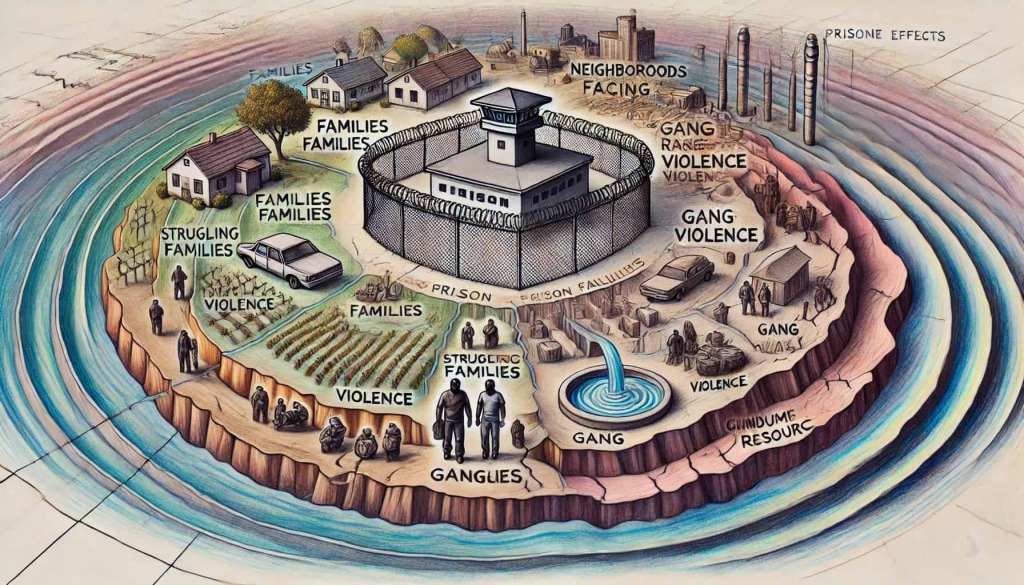
• Higher Crime Rates: When inmates experience violence and neglect instead of rehabilitation, they are far more likely to reoffend. This perpetuates cycles of crime in neighborhoods already struggling with poverty and instability.
• Public Safety Risks: Georgia’s prisons are known for being hotbeds of gang activity. Many inmates are forced to join gangs for survival, and those alliances often continue upon release, fueling gang-related violence in communities.
• Economic Burden: Taxpayers foot the bill for a system that fails at its core purpose—rehabilitation. High recidivism rates mean more arrests, trials, and incarcerations, draining public resources that could be better spent on education, healthcare, or infrastructure.
The ripple effect is undeniable: what happens in Georgia’s prisons directly impacts your safety, your wallet, and the social fabric of your community.
A System Designed for Failure
Why do Georgia’s prisons fail so spectacularly? The issues are deeply systemic, rooted in decades of neglect, underfunding, and poor oversight.
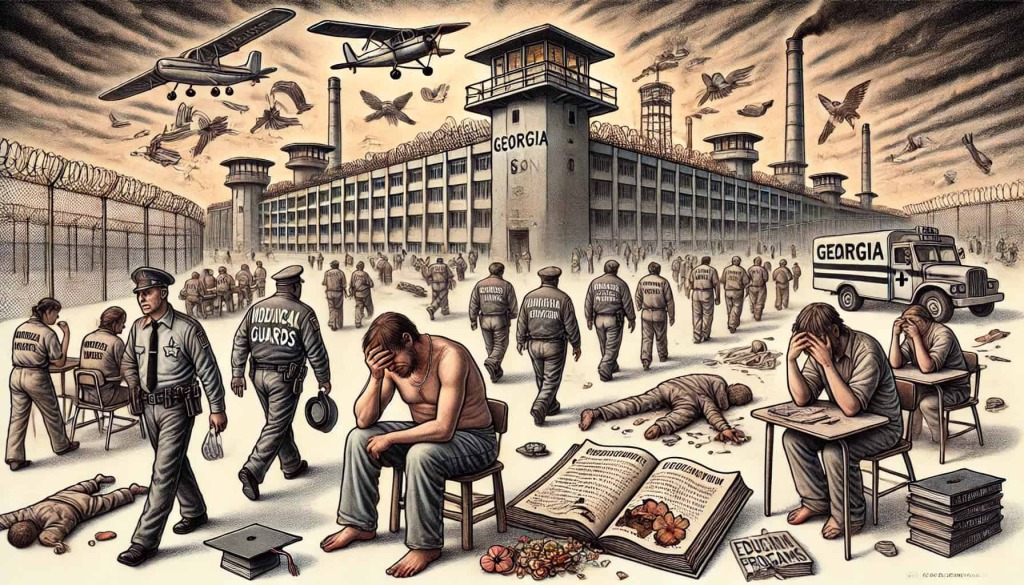
• Violence and Gang Control:
Georgia prisons are severely understaffed, with vacancy rates as high as 70% in some facilities. This creates a power vacuum that gangs eagerly fill. Inmates who refuse to join gangs often face extreme violence or isolation. Guards, overwhelmed and undertrained, either turn a blind eye or actively enable the chaos.
• Neglect of Basic Needs:
Stories of malnutrition, inadequate medical care, and unsafe living conditions are common. One inmate described witnessing a fellow prisoner die over a probation violation—an avoidable tragedy if proper supervision and care had been in place.
• Lack of Rehabilitation:
Prisons should prepare individuals for reintegration into society, but Georgia’s facilities do the opposite. Educational programs are scarce, mental health care is virtually nonexistent, and most inmates leave prison worse off than when they arrived.
A Personal Story: The Death of a Non-Violent Offender
Consider this real account from an inmate in Georgia:
“I’ve seen people die right beside me, and this is the GOD’S truth. If you go to prison for two years, it shouldn’t be a death sentence. A guy came in for a probation violation, with just a few months left to serve, and he was killed right beside me. There was nothing I could do but keep my mouth shut because I didn’t want to get killed myself. The guards don’t care.”
This tragic story highlights the dangerous indifference that permeates Georgia’s prison system. Non-violent offenders are thrown into environments where survival depends on silence and submission. This isn’t justice—it’s state-sanctioned chaos.
Why You Should Care
Even if you believe that prisoners deserve to be punished, the current system isn’t working. Neglecting the well-being of inmates only creates a vicious cycle of crime, violence, and social decay that harms everyone.
1. Public Safety Depends on Rehabilitation:
Overcrowded, violent prisons don’t rehabilitate—they create more hardened criminals. Reforming these conditions can reduce recidivism and make communities safer.
2. It’s an Economic Issue:
Georgia spends over $1.4 billion annually on its prison system, yet conditions are so bad they violate constitutional rights. This is a waste of taxpayer money that could be redirected to programs proven to reduce crime.
3. Human Dignity Matters:
If we accept neglect and abuse in prisons, we erode the moral foundation of our justice system. Prison should be about accountability and rehabilitation, not torture.
What You Can Do
The good news is that change is possible—but it requires public pressure. That’s where you come in.
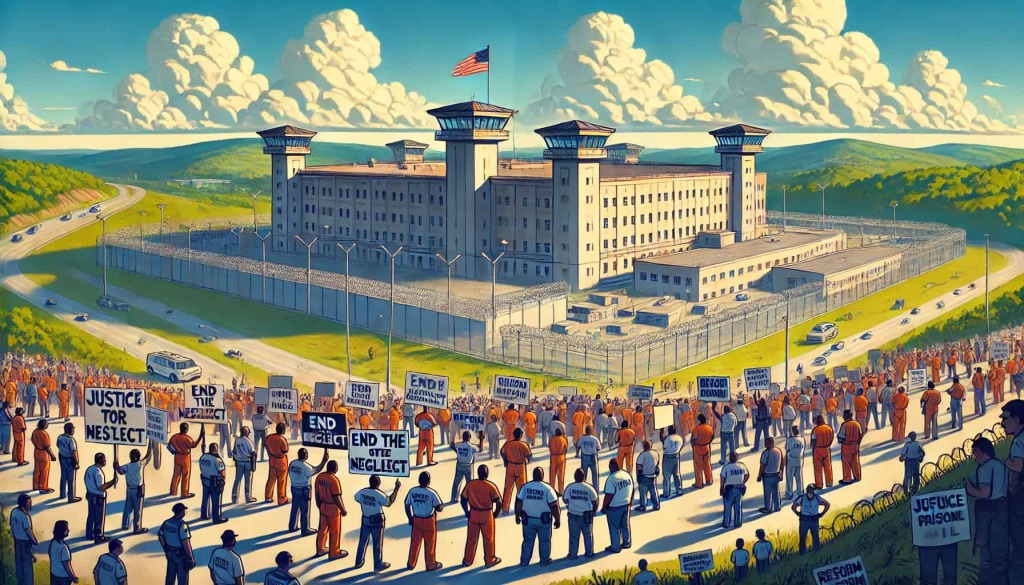
• Learn More: Start by understanding the depth of the problem. The DOJ’s report on Georgia’s prisons is a damning indictment of a broken system. Use our Ask the AI tool to learn more about Georgia prisons on your own.
• Advocate for Reform: Tools like ImpactJustice.AI make it easy to demand change. With just a few clicks, you can send personalized emails to lawmakers, media outlets, and other decision-makers.
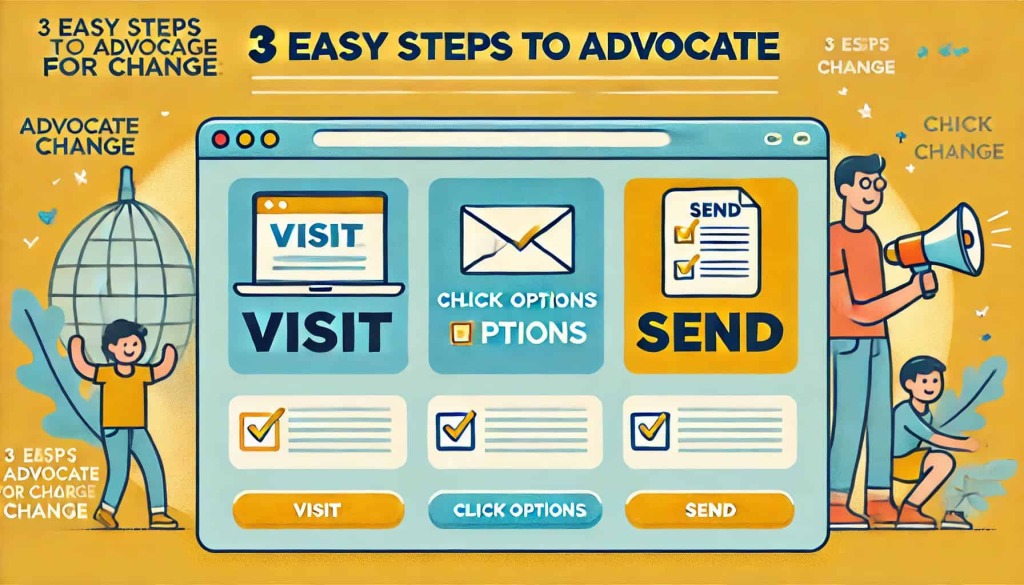
• Share Stories: Use your voice to amplify the stories of those affected by the system. Share articles, post on social media, and engage in conversations about prison reform.
Conclusion
What happens in Georgia’s prisons doesn’t stay there. The violence, neglect, and systemic failures inside these walls spill over into every corner of society, affecting families, neighborhoods, and future generations.
We can’t afford to ignore this any longer. By advocating for prison reform, you’re not just standing up for inmates—you’re standing up for justice, safety, and the well-being of all Georgians.
Let’s turn outrage into action. Visit ImpactJustice.AI today and join the fight for a better, fairer prison system. Together, we can make a difference.
1 thought on “What Happens in Prison Doesn’t Stay There”